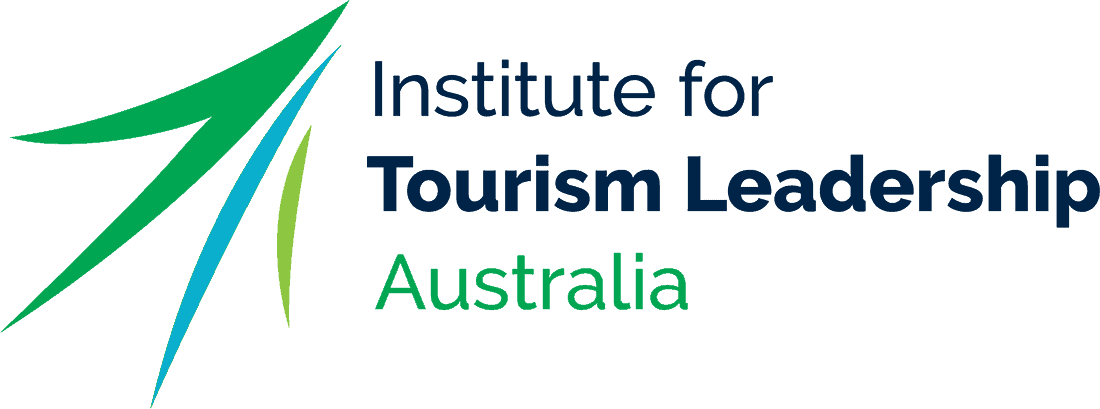Keeping Social Distancing and Emotional Distancing a Long Way Apart
When people get emotionally disengaged, poor outcomes follow. As Professor Lailani Alcantara from Ritsumeikan APU’s Centre for Inclusive Leadership reminds us, “belonging is our desire to get connected and be part of a group while sense of value is our desire to be recognised for who we are and our strength.” When a leader is disengaged, the negative impacts of disconnection are amplified.
Whilst counter to our primal impulses, during Covid-19 we needed to keep moving and engaging. Those leaders who froze and disengaged, had staff shut down and it may take months to pull them out of this. The impact on an employee’s perceived belonging and sense of value may even be irretrievable.
We took inspiration from Martin Luther King Jr, “If you can’t fly then run, if you can’t run then walk, if you can’t walk then crawl, but whatever you do you have to keep moving forward.” We firmly believe that when our resilience is tested, composure is our ally.
During Covid-19 we observed that those who lost their composure for too long, disengaged, did not stick to a vision (the reason for getting out of bed) nor reason clearly, subsequently saw the other personal resilience domains of health, tenacity and collaboration diminish as well.
We utilised the 7 Leadership Mindsets model below and found that being ‘Open and Curious’, ‘Flexible and Agile’, and ‘Growth Focused’ became either the most important or the most under stress during Covid-19; facilitating or inhibiting a pathway from ‘survive’ to ‘thrive’.
“When we approach a particular situation – for example, finding out we can no longer work in the office and have to work from home – with a fixed mindset, we tend to get bogged down in details, lose focus of the overarching goal, and ignore or dismiss feedback.”
A growth mindset gives us the drive to expend time and energy focusing on situations and events that we can influence, feeling empowered. In adversity, do you feel just as motivated by learning and growing, maintaining your curiosity and seeking solutions? Or, does a difficulty become a paralysing event?
Resilient leaders will recognise and then control any unnecessary drift into emotional distancing.
Congruent with this, our Resilient Leadership approach centres around an understanding of neuroscience and primitive versus rational behaviour. This is pivotal to behavioural change, cultivating resilient, positive workplaces and maintaining engagement.
Having techniques to ‘create space’ between primal reactions and considered actions before we act is critical at any time but is accentuated during stressful periods. Emotional self-regulation provides composure in the face of adversity and facilitates engagement.
“It’s not what’s in front of me, it’s how I react to it” – is a mantra to promulgate.
We may not be able to avoid physical distancing in the workplace in the mid-term but must balance this by attending to the elevated need for emotional connection.


